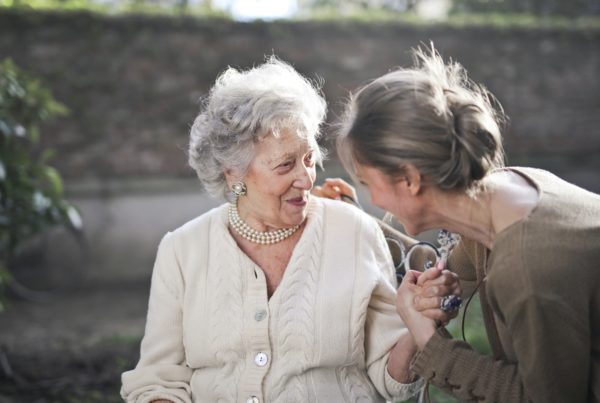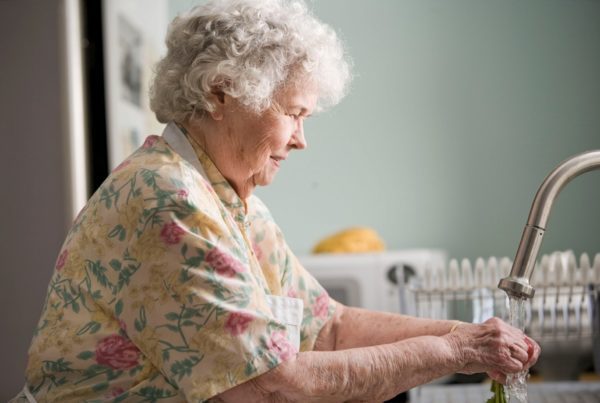What to expect when caring for someone with dementia at home
The choice of caring for someone with dementia at home is an admirable decision, and also one that means their health and well-being will be of a much better quality. Staying at home, in safe and familiar surroundings can make a huge difference for someone with dementia.
Whether you are providing the care and support yourself, employing a care provider, or both, there are things you need to be aware of when caring for someone with dementia at home.
Is it possible to care for someone with dementia at home?
Yes, it is entirely possible, as well as possibly being the best choice for the person with dementia. In the early stages of dementia, it can be perfectly manageable by loved ones at home. As the dementia progresses, it can become harder. Help will be required to provide respite care, as well as to ensure help is on hand for when things become more complex.
Being diagnosed
Following a dementia diagnosis, it’s important for you to understand what this means. Research the type of dementia that your loved one has been diagnosed with, and find out what will happen as the disease progresses.
Dementia causes various brain function changes, including mood swings, behaviour changes, communication difficulties, and decline in memory and cognitive health.
Changing relationships
Caring for a loved one is no easy task. Whether the person with dementia is a parent, spouse, or other relative, it can change relationships. These changes can be both positive and negative; you may become closer, but also, there will be tensions. It can mean that couples feel a change in their relationship as one becomes the carer, and when caring for a parent, roles reverse and that in itself can create tension.
Caring for someone with dementia can be particularly difficult due their declining cognitive function. To retain healthy relationships, a regular break from caring is essential.
As the dementia progresses
Dementia is a progressive disease; the condition will change and get worse over time. Every person is different, so although there are certain types of behavioural, perception, and cognitive changes that occur in dementia, and each person will present these differently.
Once you have done your research on the type of dementia your loved one has been diagnosed with, you will need to simply go with the flow. It’s important to be able to change and adapt as the dementia progresses. For example, there are ways that you can adapt your home to make it dementia friendly.
Behaviour
You will find that your loved one with dementia will exhibit behaviour changes, and sometimes personality changes. Often the person can become distressed due to something in their environment; there is always a reason for what is often referred to as ‘challenging behaviour’. It could be as simple as turning a radio off, or making the room lighter.
It’s important to observe the person, so that you are able to notice the things you need to adapt to retain the feeling of safety for your loved one.
Safety
Someone with dementia may take to walking and this can be due to boredom and restlessness, or perhaps they are walking with intent somewhere. Either way, it is important to find out why, also to ensure their safety.
There are various safety concerns within the home that you will need to assess and alter as necessary. One example is household cleaning products that are toxic; you may wish to lock these cupboards.
Help
Caring for a loved on with dementia is an extremely difficult thing to do. Facing all the changes that will happen, coping with your own feelings during this time, as well as ensuring you are doing the best for them at every stage is tough.
Many people do end up experiencing burn out, both mentally and physically exhausted. It is important that you discover some local support groups so that you don’t feel isolated and alone in your situation.




